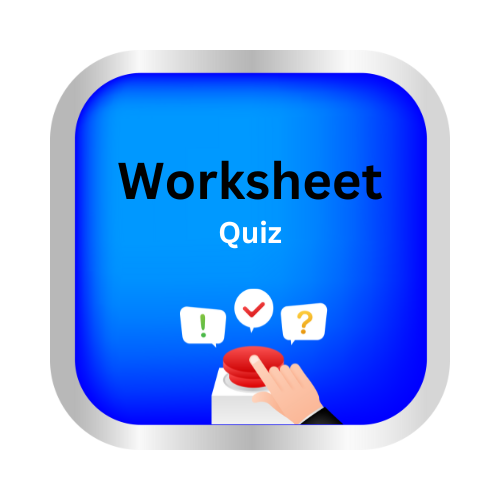Identify dependent and independent clauses
Key Notes:
📝 Identify Dependent and Independent Clauses
| What is a Clause? |
A clause is a group of words that has a subject (who or what) and a predicate (what the subject does).
Example: She runs fast. 🏃♀️
- She = subject
- runs fast = predicate
| Types of Clauses |
🔹 Independent Clause (Main Clause)
Can stand alone as a complete sentence ✅
Expresses a complete thought
Example:
- I like ice cream. 🍦
- He plays football every Sunday. ⚽
Tip: If it makes sense by itself, it’s independent!
🔹 Dependent Clause (Subordinate Clause)
Cannot stand alone ❌
Does not express a complete thought
Usually starts with words like: because, although, if, when, since, while, after
Example:
- Because I was tired… 😴
- Although it was raining… 🌧️
Tip: If it feels incomplete and you’re waiting for more info, it’s dependent!
| How to Spot Them |
| Clause Type | Clue Words | Can it stand alone? | Example |
|---|---|---|---|
| Independent ✅ | — | Yes | She danced beautifully. 💃 |
| Dependent ❌ | because, although, if, when, since, while | No | When she danced… 🎵 |
| Combining Clauses |
Independent + Dependent → Complete sentence ✅
Example:
- I stayed home 🏠 because it was raining. 🌧️
- She smiled 😊 although she was nervous. 😬
Tip: The independent clause can go before or after the dependent clause.
| Quick Tricks 💡 |
- Independent Clause = I can stand alone! 🏆
- Dependent Clause = I need help! 🤝
- Look for clue words: because, although, if, when…
Let’s practice!
Pages: 1 2

